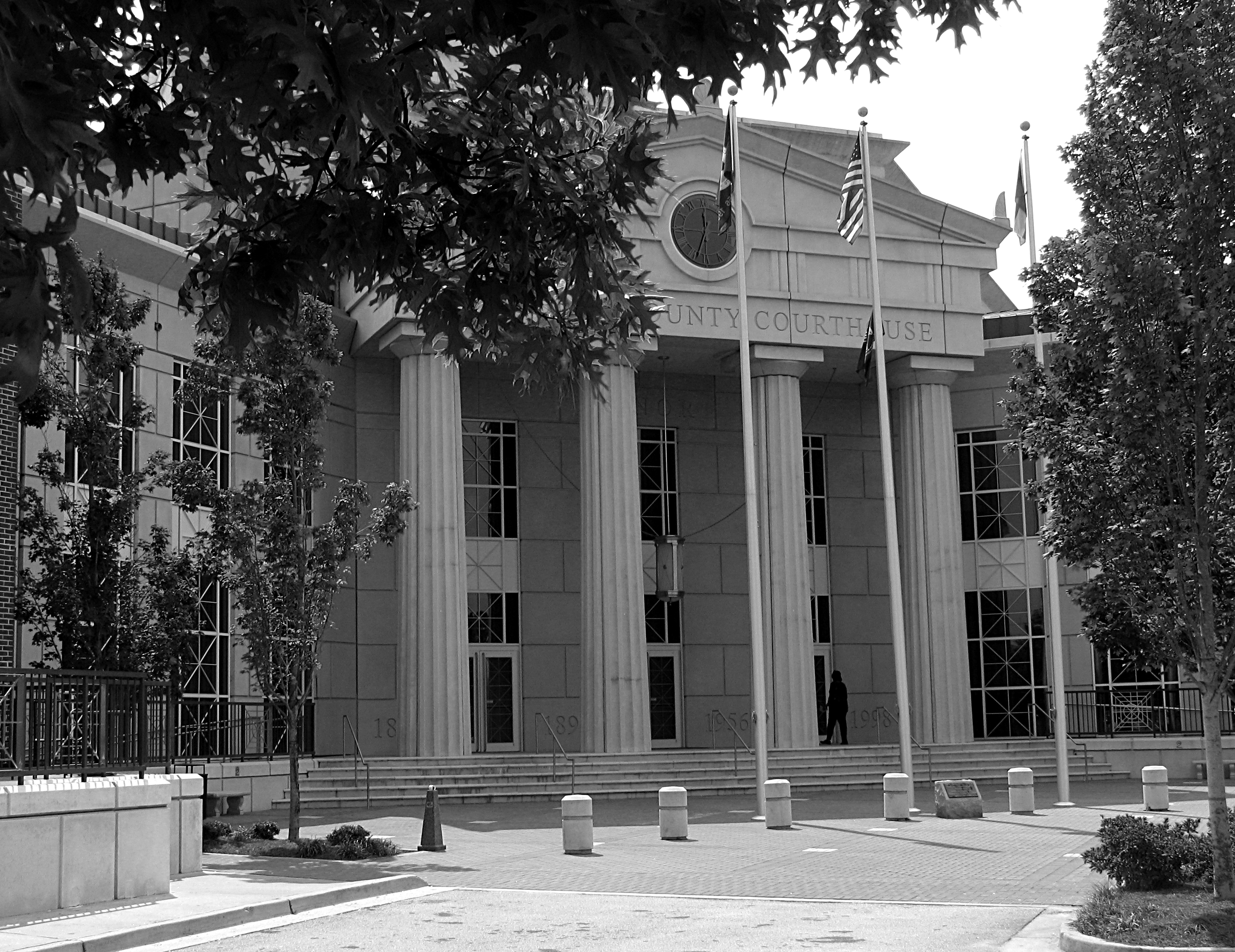We frequently get calls from beneficiaries wanting to change the title to California vacation homes. They already have a probate process in another state and merely need help “transferring title.” However, transferring title to real property after the death of an owner is usually not a simple process. If there is no joint tenant on the property, and the property is not in a Trust, a probate will be required to transfer title to the heirs or beneficiaries of a Will.
An ancillary probate is a probate proceeding for a decedent who was a resident of another state or country. This comes up frequently when residents of another state have a vacation home in California worth more than $150,000. In this case, there will be a primary probate in the decedent’s home state and then an ancillary probate in California. Unfortunately, the distinction between a primary and ancillary property is merely semantic. The same rules and procedures must be followed for an ancillary probate as they would for a primary probate. This means the process will take a minimum of four months, requires a formal petition and at least two hearings, the property must be inventoried and appraised and a publication must be made in a local paper.
An ancillary probate can be avoided if the property is in a Trust. An uncomplicated trust set up in California funded with the California real property will allow a much simpler transfer of title to that property. Furthermore, even a Trust set up in another state can hold real property in California.
 Palm Springs Estate Planning Lawyer Blog
Palm Springs Estate Planning Lawyer Blog





